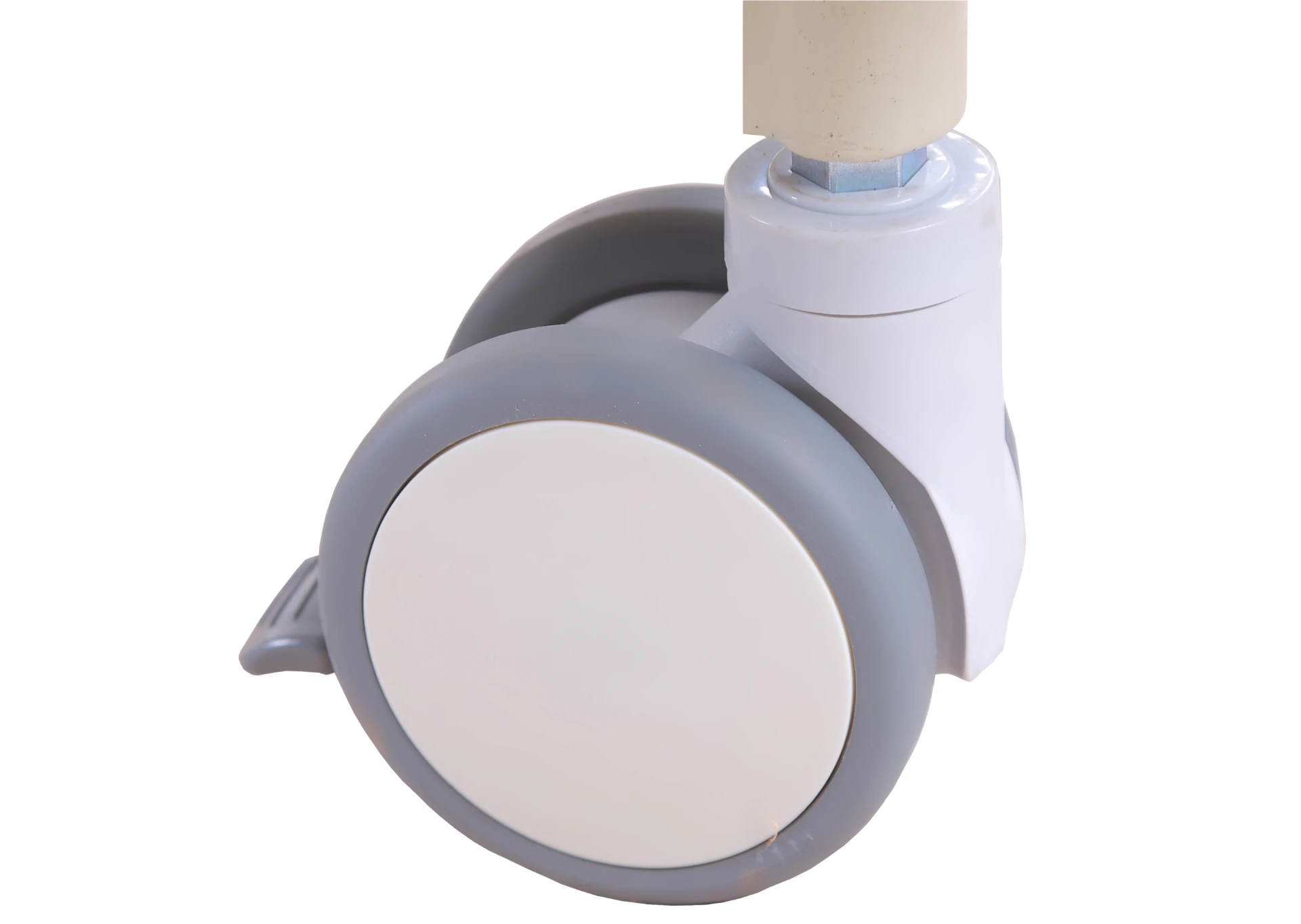Welcome to our websites!
Innovative Solutions for Comfortable and Ergonomic Medical Seating Options
The Importance of Medical Chairs in Healthcare Settings
In the world of healthcare, attention to detail can make a significant difference in patient care and outcomes. One of the often-overlooked components of this intricate system is the medical chair. Medical chairs serve a multitude of purposes in various healthcare settings, from hospitals and clinics to rehabilitation centers and dental offices. These chairs are designed not only for comfort but also for functionality, providing healthcare professionals with the tools they need to perform their duties effectively.
Design and Functionality
Medical chairs come in various designs tailored to specific medical needs. For instance, examination chairs are typically adjustable and easy to clean, making them ideal for a range of examinations and procedures. These chairs can be tilted, raised, or lowered to facilitate both patient comfort and provider access. Similarly, dental chairs are designed to support the particular needs of dentistry, allowing for adjustments to various angles while offering ergonomic support for the patient.
The versatility of medical chairs can also enhance the workflow in healthcare environments. For example, chairs with built-in storage allow nurses and physicians quick access to necessary tools and supplies without having to step away from their patients. This efficiency can significantly reduce wait times and improve overall patient experience.
Patient Comfort and Accessibility
Comfort in medical settings is crucial for creating a positive patient experience. Medical chairs are designed with patient comfort in mind. Many are equipped with plush padding, supportive backrests, and adjustable features to accommodate patients of all shapes and sizes. This focus on comfort can help to alleviate anxiety and stress that often accompanies medical visits.
Moreover, accessibility is a primary concern with the design of medical chairs. Healthcare professionals must consider patients with different mobility levels, including the elderly and those with disabilities. Wheelchair-accessible medical chairs that can easily accommodate transfers play a vital role in ensuring that all patients receive quality care without unnecessary strain.
medical chair

Infection Control
In healthcare environments, infection control is paramount. Medical chairs are constructed from materials that are easy to disinfect, helping to prevent the spread of infections. Vinyl upholstery, for instance, is commonly used in medical chairs due to its durability and ease of cleaning. The design of these chairs also plays a role in infection control; having fewer nooks and crannies reduces the likelihood of bacteria gathering in hard-to-reach places.
Innovation and Technology
Advancements in technology continue to influence the evolution of medical chairs. Many modern chairs are now equipped with features such as built-in scales for weighing patients or integration with electronic medical records to streamline documentation. Some are even powered by electric motors to facilitate adjustments, reducing physical strain on both patients and healthcare providers.
Telehealth has also impacted the design of medical chairs. As remote consultations become more prevalent, there is a growing need for chairs that can support both in-person and virtual visits. For example, chairs that can position patients comfortably for video conferencing can enhance the effectiveness of remote care.
Conclusion
The role of medical chairs extends far beyond mere seating. They embody a harmonious blend of comfort, functionality, and innovation crucial for efficient healthcare delivery. As the demands of healthcare evolve, so too must the designs and functionalities of these essential tools. By focusing on design principles that prioritize patient comfort, accessibility, and infection control, healthcare providers can ensure a higher standard of care.
As we look to the future, the integration of technology into medical chair design will continue to enhance patient care experiences and streamline healthcare operations. It is essential for healthcare facilities to recognize the importance of investing in quality medical chairs, as their impact is profound, contributing significantly to the well-being of both patients and healthcare professionals alike. The humble medical chair may seem insignificant at first glance, but it is undeniably a cornerstone of effective healthcare delivery.
-
Transforming Healthcare with Hospital FurnitureNewsJun.24,2025
-
Rehabilitation EquipmentNewsJun.24,2025
-
Mobility and Independence with WheelchairsNewsJun.24,2025
-
Freedom of Mobility with Our Rollator WalkersNewsJun.24,2025
-
Comfort and Independence with Commode ChairsNewsJun.24,2025
-
Bathing Safety and Independence with Shower ChairsNewsJun.24,2025
-
Navigating the Wholesale Landscape of Electric Mobility Solutions: Key Considerations for Power Wheelchair DealersNewsJun.10,2025











